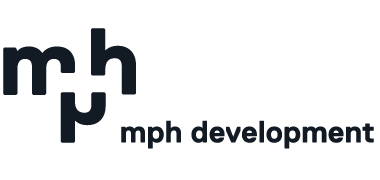Escaping from happiness
Certain personal and professional development approaches position the individual as the sole agent of his or her success. These approaches often not only hold the individual as the only person accountable for his or her happiness, but also turn happiness into a moral value.
Find happiness—or else!
What happiness?
According to these approaches, happiness is defined on a psychological level as a state of constant serenity. On a material level, it projects an image of success without setbacks, of total freedom and unbridled performance.
Some of my clients have established and spent several years maintaining rigorous strategies to attain this type of happiness. They have moved from emotional denial to consumerism using methodical self-help formulas for improving one’s life and developing one’s career. In the majority of cases, these methods end up cracking under the pressure of so-called “negative” emotions, those that they tried to gloss over, put off, or deny, and that they unwittingly grouped together under the category of emotions-that-have-been-mistreated-or-not-treated-at-all.
How does this definition pose a problem?
Considering happiness as an individual obligation and according it one catch-all definition for every person detracts from the specific socio-economic environment of the individual, negating the diversity of each person’s aspirations and, in the process, negating the variety of personal definitions of happiness.
The presence of the pandemic and all of the frustrations and incomprehension that have accompanied it remind us that access to happiness is conditional on both real-world events and the context of our lives—where we’re born, our education, and the social class we belong to, among other factors. Happiness is not accessible to every person on an egalitarian basis.
What follows are a few tips to begin sketching out your own vision of happiness:
Free yourself from a predefined version of happiness that is crystallized around representations of success. What would you say to recognizing that life is complex and uncertain? It isn’t limited to success, and allows us to experience a wide range of emotions. Happiness requires emotional flexibility; in other words, it requires the capacity to fully discover all emotions, including those that are considered negative.
Seize, transform, incorporate, and dance with failure and pain, all experiences from which we can learn and create new opportunities.
By accepting not being happy at every moment and every point of our lives, we all find ourselves taking our courage into our hands and modeling our own definition of happiness.
What about you? What does your own happiness feel like? Is it immediate, or does it feel rough at first? Does it set its sights on a long-term goal? Does it come at a cost, and if so, what is it?




